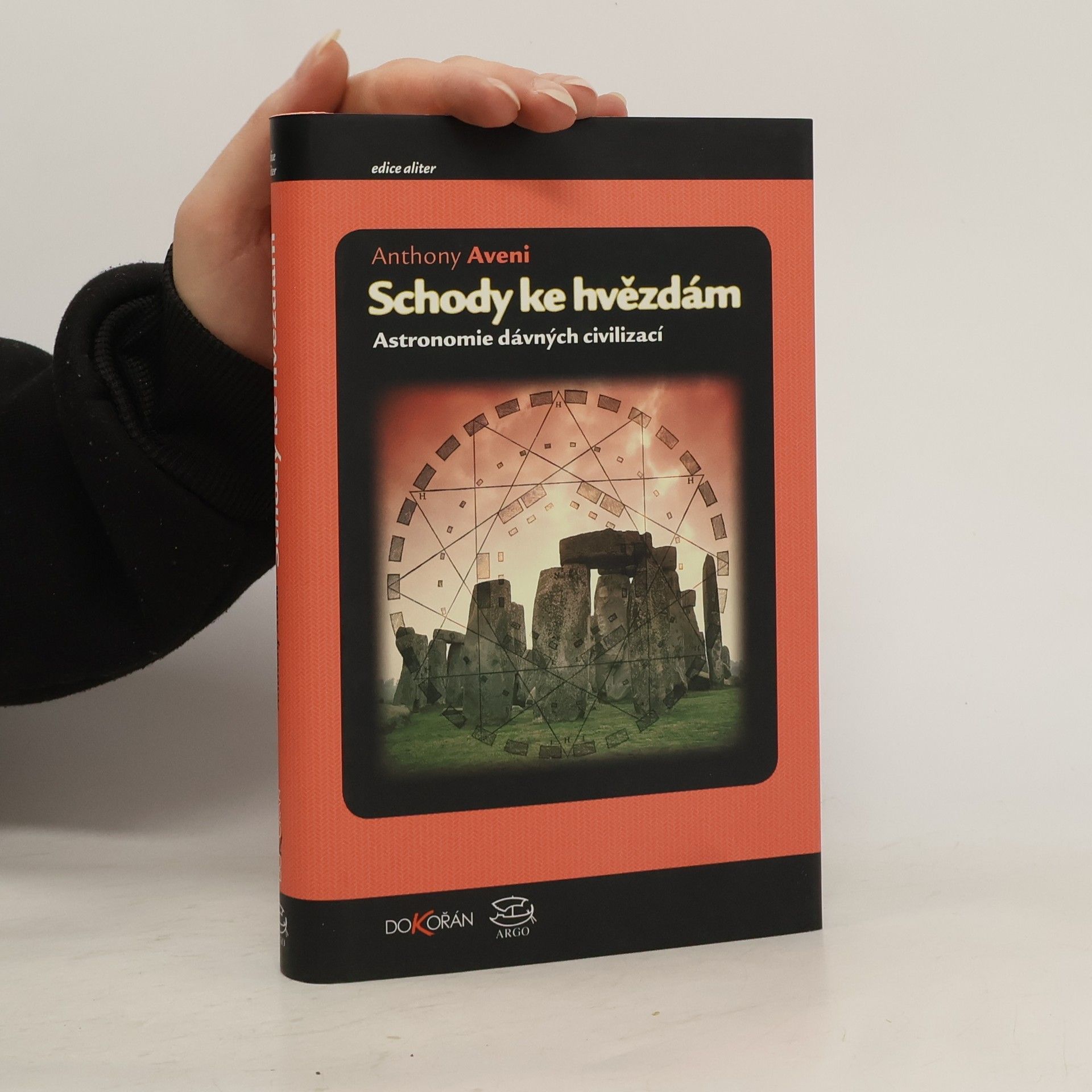Aztec Myths & Tales: Epic Tales
- 432pagine
- 16 ore di lettura
This fascinating collection explores the history, culture, gods, calendar, myths and tales of the Aztec people, the Incas, the Mayans and other Mesoamerican and Central American peoples, from migration legends to the origin myth of the Five Suns. Though the Olmecs (1250-200 BCE) were the first civilization in Mexico, the Aztecs (1325-1521) were Mesoamerica's last dominant indigenous civilization and often the one that is thought about, without understanding the region's rich diversity. Like the other Mesoamerican cultures, Aztec gods and myths reflected a natural philosophy where ideas concerning life and death were linked symbolically to the earth, sky and sea in a grand cosmic scheme. Their religion was dominated by the tribal war god Huitzilopochtli, the rain/fertility god Tlaloc and the supreme deity Tezcatlipoca, the Lord of the Smoking Mirror. This collection brings together the stories and the history into a fine and collectable new volume in the Flame Tree Epic Tales series. The Flame Tree Gothic Fantasy, Classic Stories and Epic Tales collections bring together the entire range of myth, folklore and modern short fiction. Highlighting the roots of suspense, supernatural, science fiction and mystery stories, the books in Flame Tree Collections series are beautifully presented, perfect as a gift and offer a lifetime of reading pleasure.






